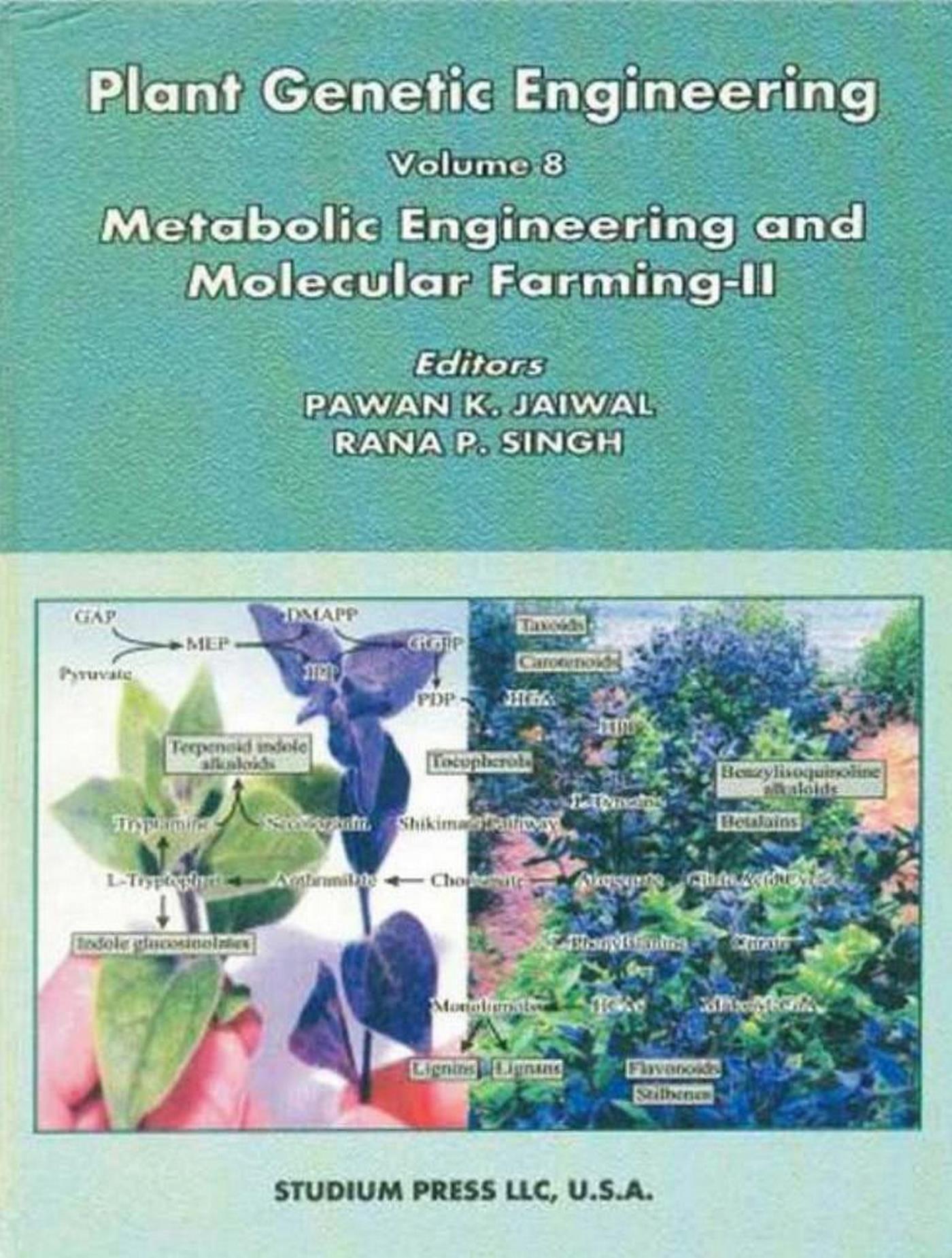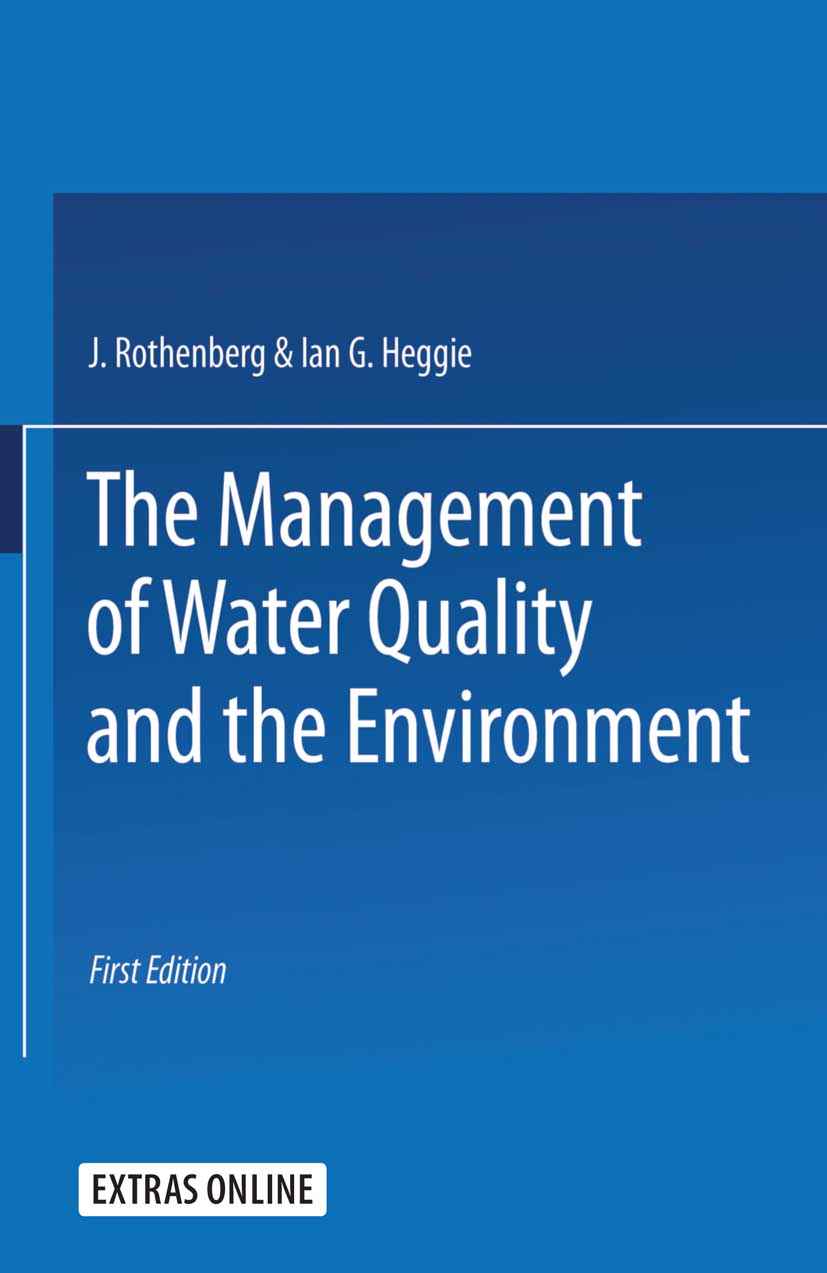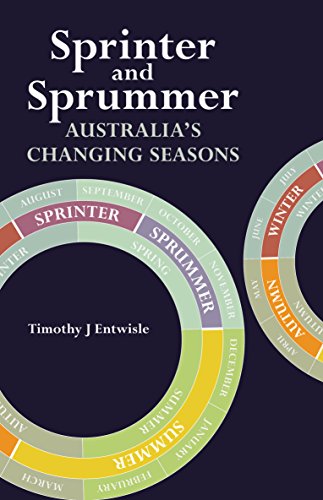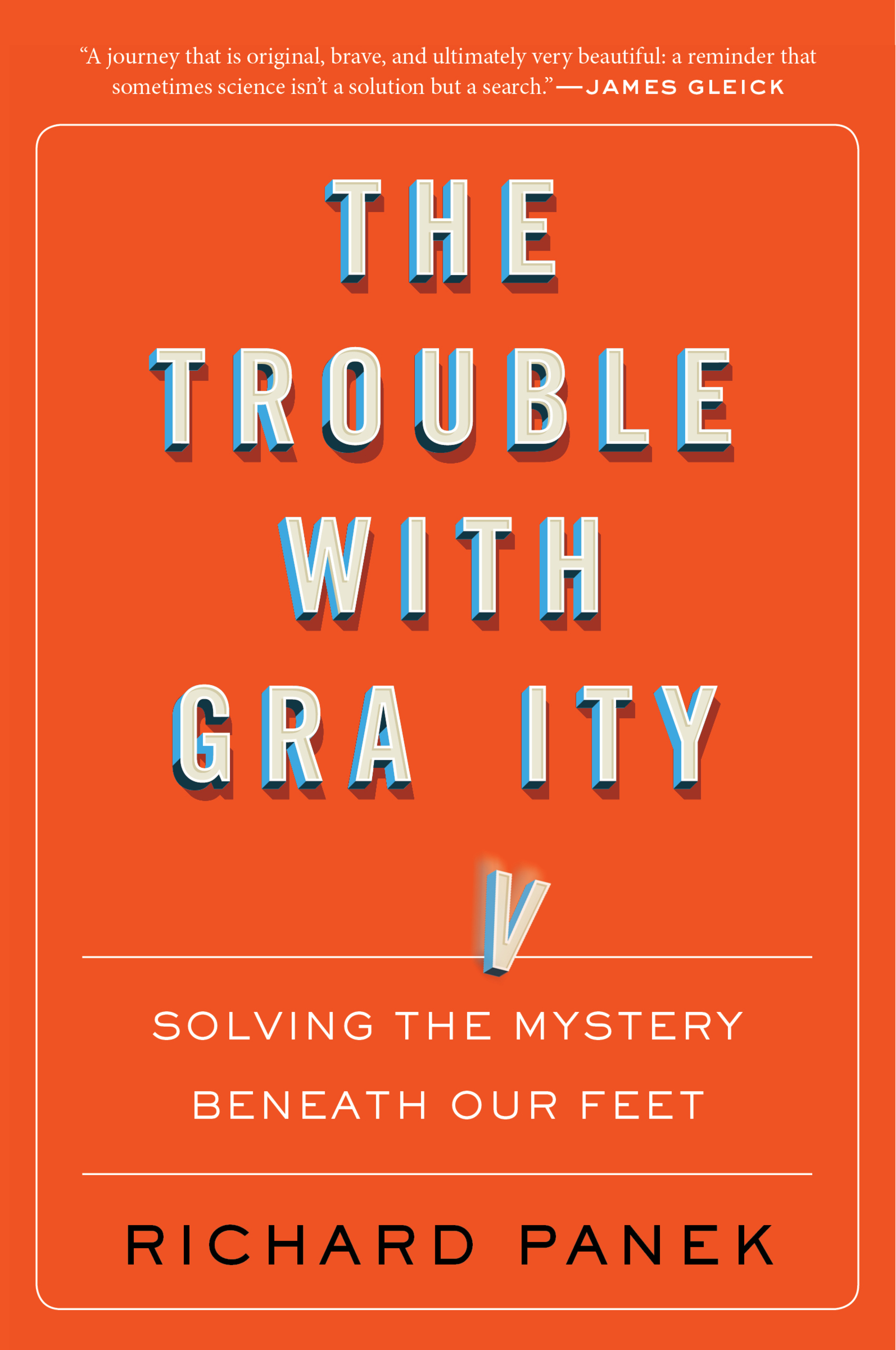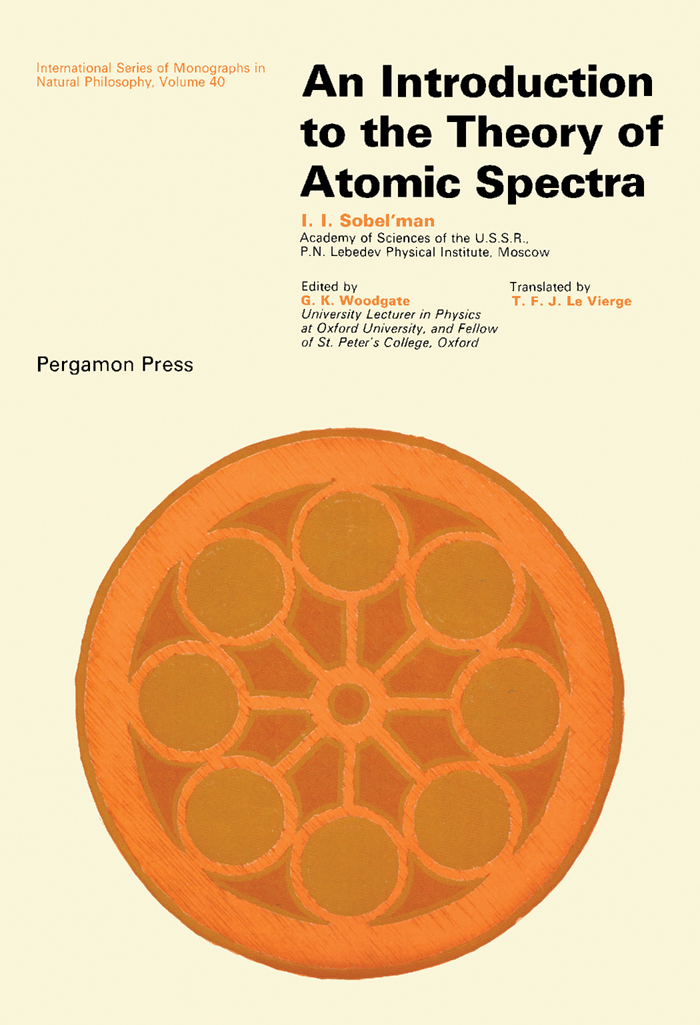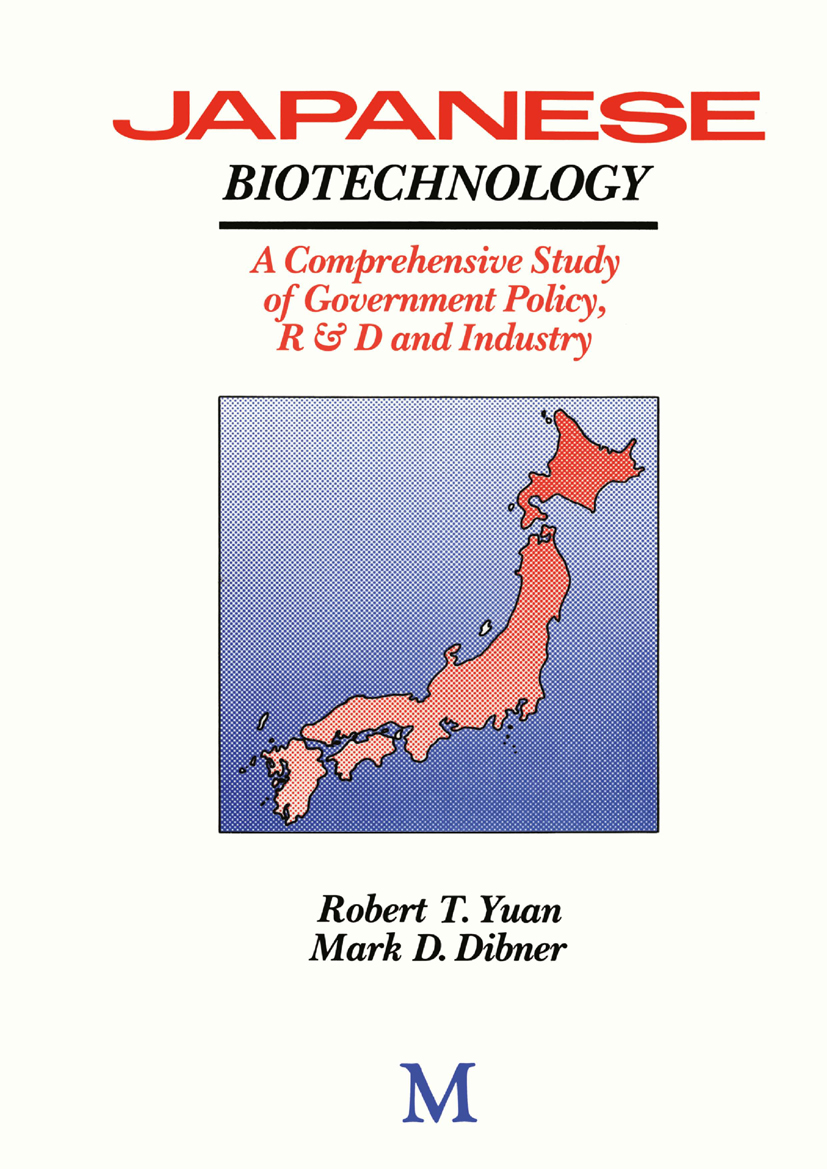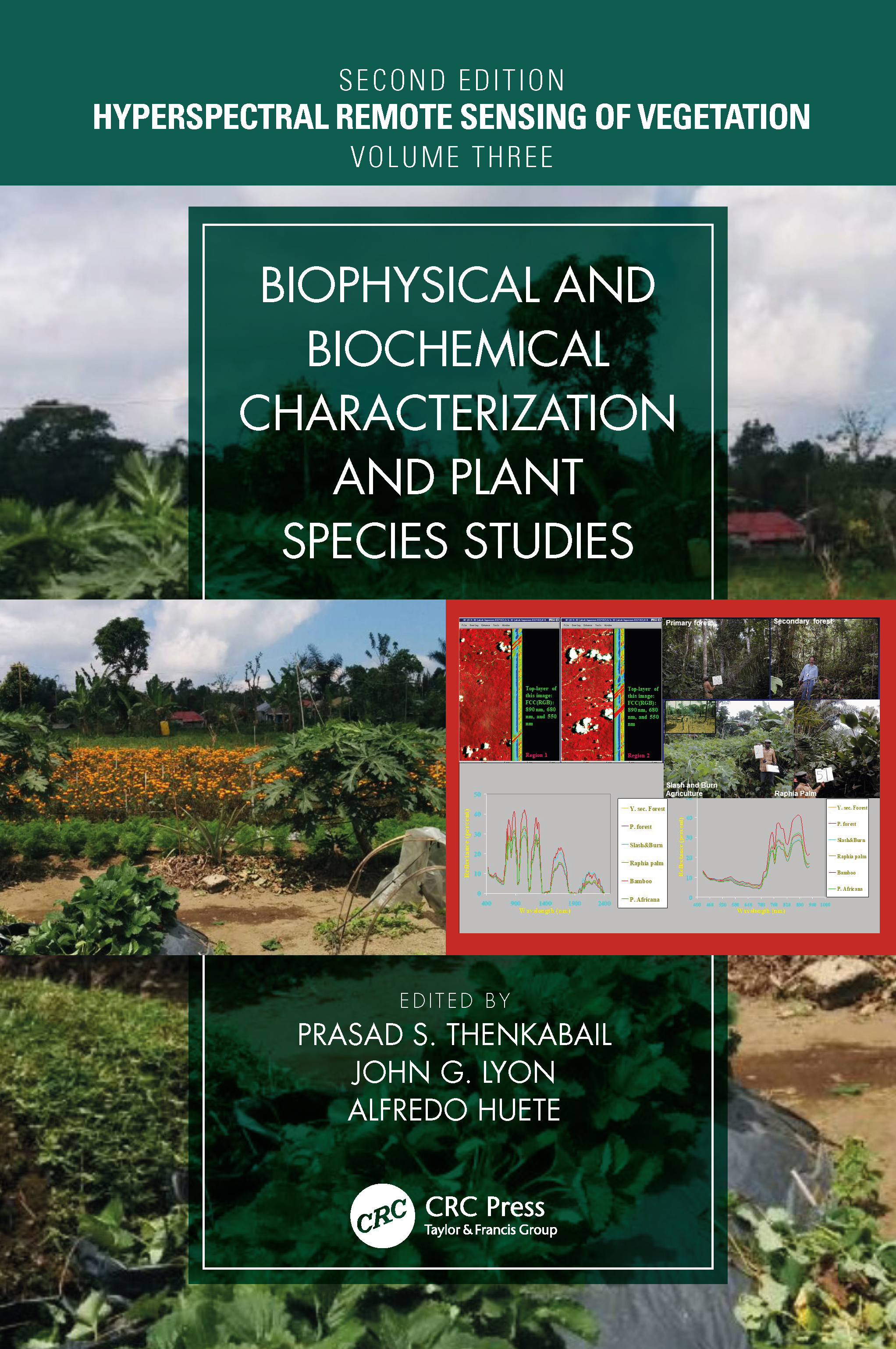Plant Genetic Engineering Volume-8 (Metabolic Engineering and Molecular Farming-II)
Plant Genetic Engineering Volume-8 (Metabolic Engineering and Molecular Farming-II)
Plants are the most abundant and cost effective renewable resource uniquely adapted for synthesis of several thousands of metabolites that are used as food, feed, fuel, medicines and raw materials for the various industries. Unfortunately, our food c...
Read more
Plants are the most abundant and cost effective renewable resource uniquely adapted for synthesis of several thousands of metabolites that are used as food, feed, fuel, medicines and raw materials for the various industries. Unfortunately, our food crops do not contain these metabolites in sufficient amount to meet out the nutritional and therapeutic needs to maintain optimal human health. The improvements in nutritional and therapeutic qualities of plants have inadequately been achieved previously by the traditional methods of plant breeding. Recent advances in gene technologies have made it possible to modify the existing or to introduce a new metabolic pathway in plants. The book highlights the current understanding of applications of molecular/genetic techniques in controlling biosynthetic pathways, new technologies to manipulate the content and composition of starch, fructants, proteins, amino acids, fatty acids, vitamins (A, C, 0 and E), antioxidants, minerals, sterols, pigments, isoflavonoids, terpenoids, lignins, alkaloids and other secondary metabolites, recombinant proteins (vaccines, antibodies, pharmaceutical proteins), industrial enzymes, elimination of the production of toxic substances and decrease in allergenicity of food in crop plants to meet the human needs in a sustainable way. The risk assessment and regulation of genetically modified (GM) foods have also been described. Such GM plants with clear and direct health benefits for the consumers should lead to greater acceptance of crop genetic engineering. The leading world''''s experts in their respective areas have prepared the chapters of this monograph. The book is valuable for researchers, graduate students, scientists, planners, technocrats and industrialists working in the area of biotechnology, molecular biology, biochemistry, plant biology,. Plant physiology, genetics, agronomy, horticulture, agriculture, food and pharmaceutical sciences.
Less


